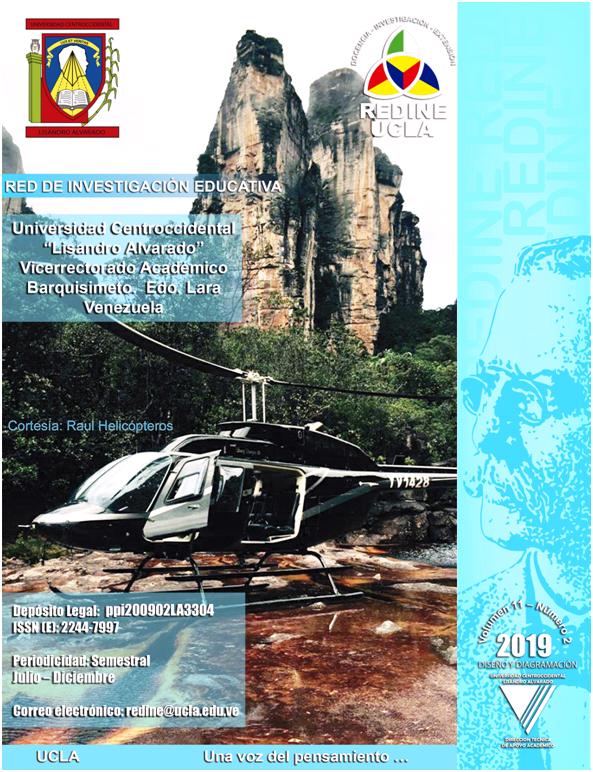education in values, an approach to strategies as a way for the collective construction of knowledge
Abstract
The purpose of this research was to reveal the theoretical-practical meanings that the teachers of the University Centroccidental "Lisandro Alvarado" (UCLA) give to education in values. In the study I used as input assumptions the formative models on education in values and teaching practice. I did the methodological from the qualitative approach, using ethnography as a research method, with the support of the techniques: participant observation and in-depth interviews. The selection of key informants was made intentionally considering their experience in the subject and of access to their subjectivity. The information gathered from the interviews and observations was recorded and organized in matrices. With the use of hermeneutics, I interpreted, reflected and reorganized, thus emerging the category Meanings built about university teaching and as a sub category various strategies as a way for the collective construction of knowledge. Among the most important findings I obtained, that these teachers promote the pedagogy of understanding, that is, contextualize the contents and use strategies for the collective construction of knowledge such as: group discussions in the classroom, expository type, such as lectures or the exhibitions by the students, the construction and elaboration, such as the ethnographies in classes and the relational or dynamic that seek to catch the attention of students through motivation, such as videos, songs, jokes, and other much deeper like anecdotes, the use of fables to interpret or read text and poetry books.
Downloads
Published
How to Cite
Issue
Section
Derechos del/de autor/es a partir del año de publicación
Esta obra está bajo la licencia:
Creative Commons Reconocimiento-NoComercial-CompartirIgual 4.0 Internacional (CC BY-NC-SA 4.0)
Las opiniones expresadas por los autores no necesariamente reflejan la postura del editor de la publicación ni de la UCLA. Se autoriza la reproducción total o parcial de los textos aquí publicados, siempre y cuando se cite la fuente completa y la dirección electrónica de esta revista. Los autores(as) tienen el derecho de utilizar sus artículos para cualquier propósito siempre y cuando se realice sin fines de lucro. Los autores(as) pueden publicar en internet o cualquier otro medio la versión final aprobada de su trabajo, luego que esta ha sido publicada en esta revista.




